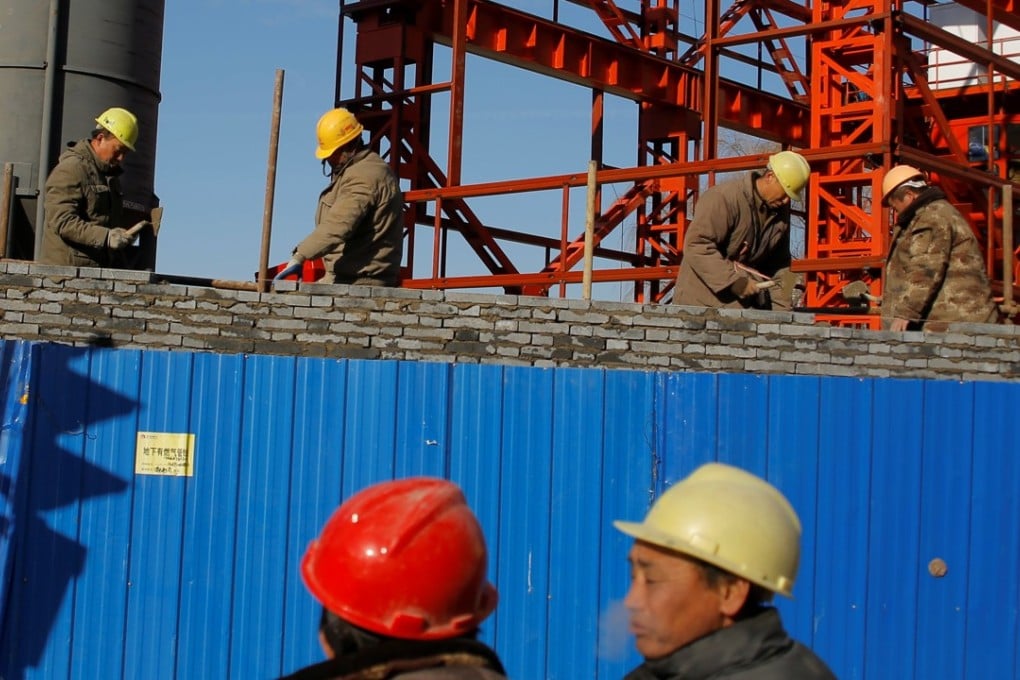Chinese developers report strong profits but credit curbs could spell trouble

Mainland property developers have posted strong earnings for 2017, but liquidity remains a concern as Beijing keeps a tight lid on financing to cool the housing market.
All four Chinese developers listed in Hong Kong that released their annual results on Tuesday reported strong growth in revenue and profits last year. By revenue, China Merchants Land came out on top with 49 per cent growth, while SOHO China reported the biggest increase in profit, up 420 per cent from the previous year.
Country Garden, China’s largest developer by sales, reported 550.8 billion yuan of contracted sales in 2017, up 78.3 per cent from a year ago and beating the 400 billion yuan target it set itself at the beginning of last year. Profit grew 126 per cent to 26 billion yuan.
The firm expects to see sales increase again this year although it has set no specific sales target for 2018, instead choosing to “adjust sales strategies depending on the market,” according to Cheng Guangyu, vice-president of Country Garden.
China Resources Land recorded contracted sales of 152.12 billion yuan, up 40.8 per cent, while China Merchant’s “profit attributable to the owners” doubled thanks to a 51 per cent increase in its contracted sales to 24.16 billion yuan.
“National property sales are slowing down, but for big listed developers it is not a problem,” said Toni Ho, an analyst at RHB OSK Securities Hong Kong. “The optimism comes from the robust contracted sales they registered during 2016-17, which can support revenue in 2018-19.”